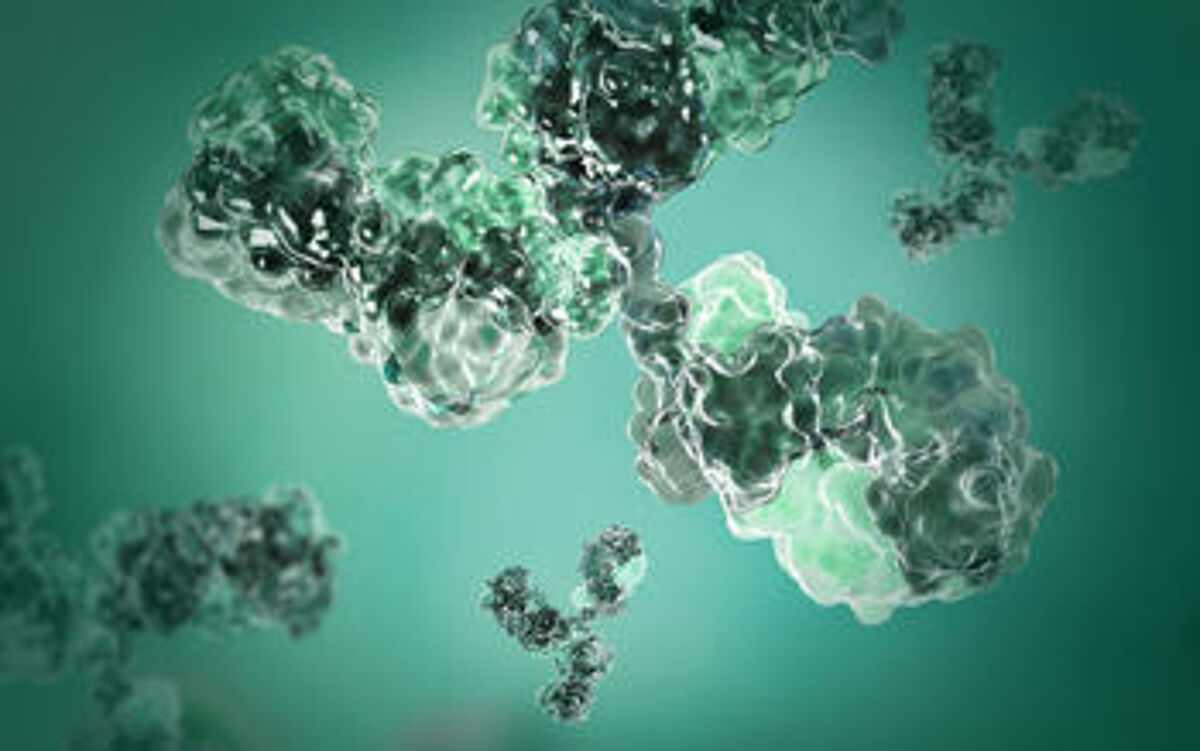Interleukins and Receptors: Key Mediators of Immune Communication
Wiki Article

Introduction to Interleukins and Receptors
Interleukins are a broad family of cytokines that regulate communication between immune cells, orchestrating both innate and adaptive immune responses. They play a crucial role in inflammation, cell growth, differentiation, and immune homeostasis. Interleukins exert their effects through specific cell surface receptors, which transmit signals to the interior of the cell, activating pathways that control gene expression and cellular behavior. The precise interaction between interleukins and their receptors is fundamental for effective immune function and maintaining balance in the immune system.
Types and Functions of Interleukins
Interleukins are highly diverse, with each member of the family performing distinct roles in the immune system. Interleukin-1 (IL-1) promotes inflammation and fever, acting as a first responder to infection or injury. Interleukin-2 (IL-2) is critical for the proliferation and activation of T cells, essential for adaptive immunity. Interleukin-6 (IL-6) has multiple functions, including stimulating antibody production and regulating acute phase responses interleukins and receptors. Other interleukins, such as IL-10, function as anti-inflammatory mediators that limit immune responses and prevent tissue damage. Together, interleukins form a complex network that coordinates immune activity under normal and pathological conditions.
Interleukin Receptors and Signaling Mechanisms
Interleukin receptors are typically transmembrane proteins expressed on the surface of immune and non-immune cells. Upon binding to their specific interleukin, these receptors undergo conformational changes that initiate intracellular signaling cascades. Common pathways activated include the JAK/STAT, MAP kinase, and PI3K/AKT pathways, which regulate cell proliferation, differentiation, and survival. The specificity and affinity of each receptor for its ligand ensure that interleukin signaling is precisely regulated, allowing the immune system to respond effectively to infections while minimizing inappropriate or excessive inflammation.
Clinical and Therapeutic Significance
Interleukins and their receptors are central to many clinical applications and therapeutic strategies. Dysregulation of interleukin signaling is associated with autoimmune diseases, chronic inflammatory conditions, and cancers. Therapeutic interventions targeting interleukins or their receptors, such as monoclonal antibodies, receptor antagonists, or recombinant cytokines, have shown efficacy in treating rheumatoid arthritis, inflammatory bowel disease, and certain types of leukemia. Understanding the complex biology of interleukin signaling allows for the design of more targeted treatments that modulate immune responses without compromising overall immune function.
Research Advances and Future Directions
Recent research has uncovered new dimensions of interleukin biology, including receptor subunit diversity, cross-talk with other cytokine systems, and context-dependent signaling outcomes. Advances in molecular biology and single-cell technologies are enabling a more detailed understanding of how interleukins regulate immune networks at the cellular and tissue levels. Emerging therapies focus on precision modulation of interleukin pathways, aiming to enhance protective immune responses while reducing harmful inflammation. As knowledge in this field grows, interleukins and their receptors remain promising targets for innovative immunotherapies and personalized medicine.
Conclusion
Interleukins and their receptors are indispensable regulators of immune communication, coordinating responses that protect the body while maintaining homeostasis. Their precise signaling mechanisms are critical for immune function, and their dysregulation is linked to numerous diseases. Ongoing research continues to uncover their complex roles and therapeutic potential, solidifying interleukins and their receptors as central players in immunology and clinical medicine.